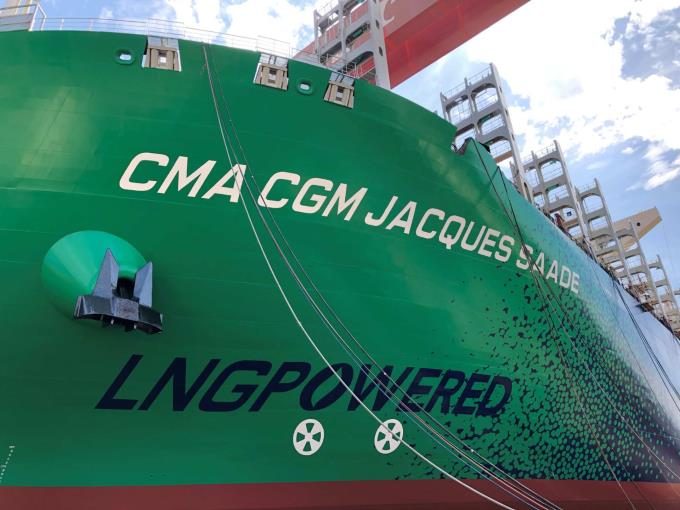Maersk u-turn on LNG sparks new industry impasse over greener fuel
Recent shipowner behaviour over LNG has re-ignited a clash between the fuel’s opponents and the ...

LNG-fuelled ships could come under greater scrutiny following yesterday’s attack on methane by the US special presidential envoy for the climate, John Kerry.
In a press briefing, Mr Kerry said that the US was making “a major focus on methane reduction” and hoped for a similar ...


Comment on this article